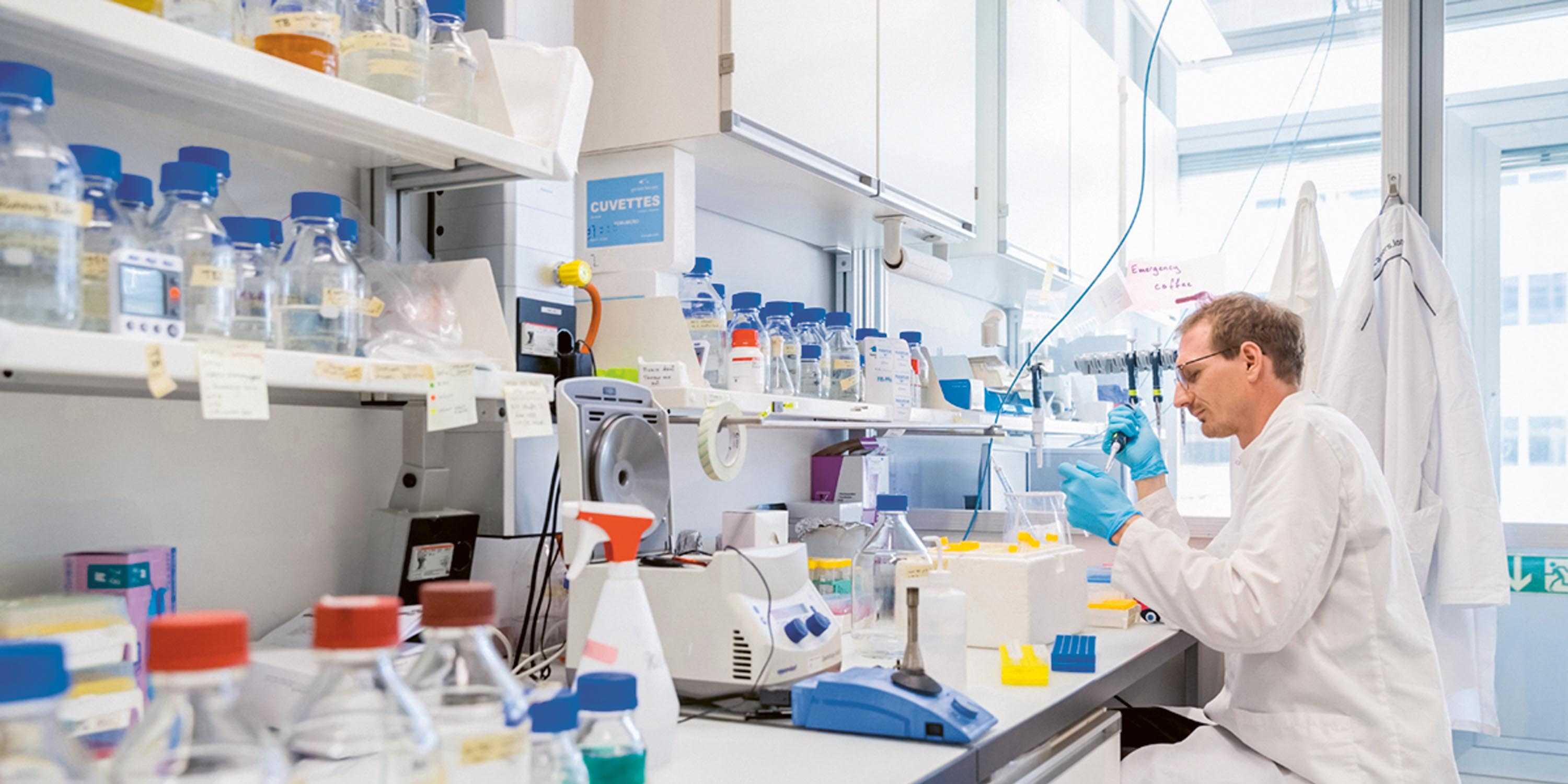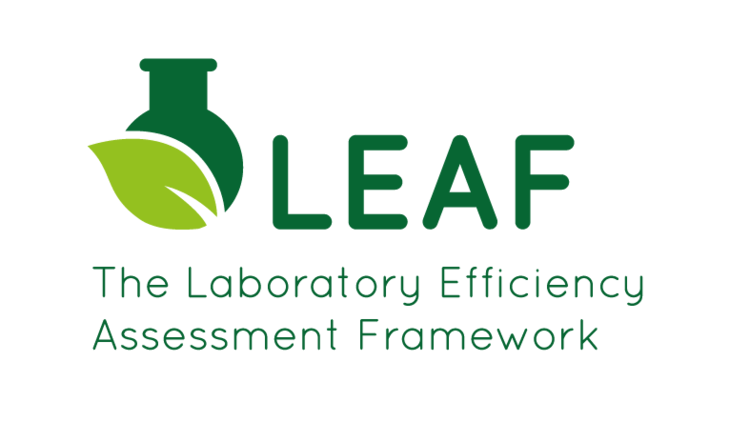
Green Labs – Are you a sustainable laboratory pioneer?
ETH Zurich has set itself the goal of reducing its greenhouse gas emissions to net zero by 2030. Since the procurement and use of laboratory equipment have a significant environmental impact, employees are critically reviewing their laboratory practices. For a “Green Labs” pilot project to promote resource-saving laboratory operations, ETH Zurich is looking for committed employees and working groups.
Laboratory-based research sometimes creates important foundations for societal progress. At the same time, laboratory operations are estimated to generate about 2 percent of global plastic waste (external page https://www.nature.com/articles/528479c).
“An average laboratory consumes up to 10 times more energy than a conventional office space”Dr. Elisa Dultz, Senior Scientist at the Laboratory for Cellular Dynamics
40,000 tons of CO2eq from lab operations per year
For about two decades, ETH Zurich has been collecting comprehensive environmental statistics, which include, for example, energy consumption, waste generation or the impact of business trips. As part of the net-zero efforts at ETH Zurich, the indirect environmental impacts along the value chain are also coming into focus. These so-called Scope 3 emissions amount to around 140,000 tCO2eq according to a greenhouse gas accounting of 2019. Consumables for laboratory equipment, scientific apparatus, machines and tools alone account for a total of around 40,000 tCO2eq.
Online tool makes environmental impact of laboratories measurable
Adjustments in laboratory operations, for example in the area of material procurement or a change in usage routines, can make a big difference on the way to climate neutrality. However, it is often difficult to assess which measures are most efficient in saving resources and emissions. In order to systematically establish improvements towards a more resource-friendly laboratory operation while also making the progress measurable, ETH Zurich uses the Laboratory Efficiency Assessment Framework (LEAF for short), which was developed by researchers at University College London and is now used by over 80 universities worldwide.
“It is important that we can measure our progress, and LEAF offers great potential in this regard”Franziska Brändle, Doctoral student at the Institute of Biochemistry
LEAF (Laboratory Efficiency Assessment Framework) is a tool for assessing your own laboratory practices. It contains measures that employees can take in the laboratory to save plastic, water, energy and other resources. Depending on how comprehensive a lab team's sustainability commitment is, certificate levels of bronze, silver and gold can be achieved. A calculator allows the determination of cost savings as well as the estimation of greenhouse gas emissions over time.
Green Labs at ETH Zurich: Join now!
ETH Zurich looking for laboratories that would like to participate in the pilot project. The project will start in May 2023 and run for one year. Those who participate in the initiative will receive an introductory workshop and technical support, as well as access to toolkits and other resources and the ETH-wide "Green Lab Network." A survey of participating labs has shown that the initial effort amounts to 1-10 hours.
“As scientists, we have a great responsibility for the environment. It is therefore very important that we as the ETH community set an example”Prof. Dr. Karsten Weis, Departement of Biology
Always up to date
Would you like to always receive the most important internal information and news from ETH Zurich? Then subscribe to the "internal news" newsletter and visit Staffnet, the information portal for ETH employees.

Comments
No comments yet